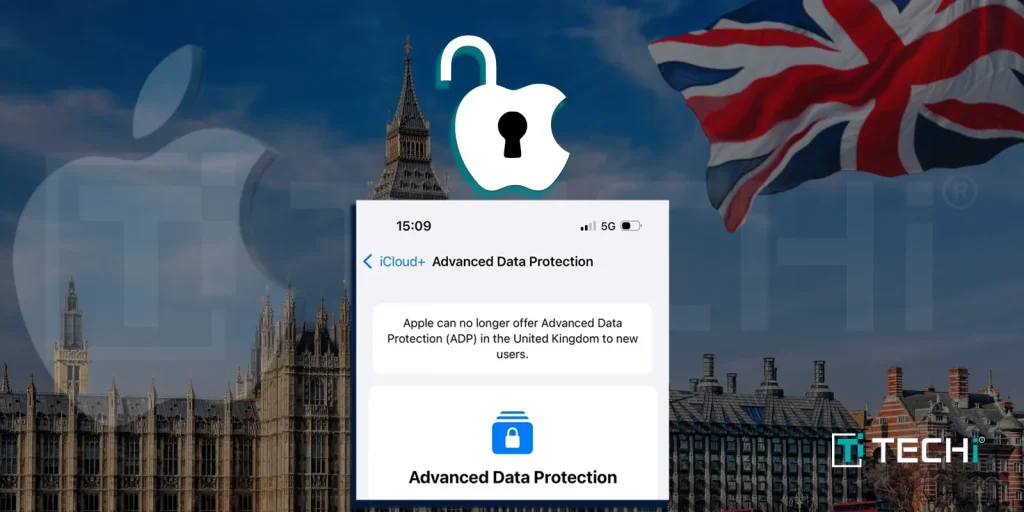Apple has confirmed the removal of Advanced Data Protection (ADP) for iCloud backups in the UK following government demands for access to user data. This move means UK users will no longer have the option to secure their iCloud backups with end-to-end encryption, making it possible for authorities to request access to stored data under legal provisions.
Government Mandate Behind the Decision
The removal of ADP aligns with requirements set by the Investigatory Powers Act of 2016, which allows UK law enforcement to request access to encrypted data under a Technical Capability Notice (TCN). According to a report from The Washington Post, the UK government issued a Technical Capability Notice (TCN) to Apple under the Investigatory Powers Act of 2016. This notice compels companies to assist law enforcement in data collection by ensuring they can access encrypted information. Apple’s decision to remove ADP aligns with these legal requirements, as TCNs require firms to develop methods to provide data upon legal request.
While these notices do not provide unrestricted access, they compel companies to develop mechanisms for law enforcement to retrieve data when legally required. Apple has previously stated its commitment to user privacy and encryption but appears to have made this change to comply with UK regulations. A UK Home Office spokesperson declined to comment on whether a direct order was issued, stating, “We do not comment on operational matters, including confirming or denying the existence of such notices.”
Impact on iCloud Users in the UK
With the removal of ADP, UK users who rely on iCloud backups will no longer have the same level of encryption as users in other regions. This affects stored data, including messages, photos, and documents, which can now be accessed by Apple and shared with law enforcement upon legal request. Existing users who have already enabled ADP will not have it automatically disabled, but they will receive notifications prompting them to turn off the feature manually. Users who wish to maintain encryption must store their data locally on their devices without iCloud backup functionality.
Privacy and Security Concerns
Cybersecurity experts have raised concerns that this change weakens user privacy and data security. Many argue that once a government gains access to encrypted data, other nations may follow suit with similar demands. The move has also sparked fears of potential security risks, as reducing encryption may make user data more vulnerable to breaches and unauthorized access.
Industry Response and Future Implications
Digital rights organizations have criticized the decision, warning that it sets a precedent for further government intervention in encryption policies. Meredith Whittaker, president of Signal, has spoken against such measures, emphasizing that strong encryption is essential for security and digital privacy. Apple has maintained that while it is complying with UK law, it remains committed to encryption and will not create backdoors in its products. However, this move highlights the ongoing struggle between user privacy and government surveillance, with potential implications for tech companies operating in regions with strict data laws.
Read More: OpenAI Blocks Accounts in China & North Korea Over Misuse





Administrator